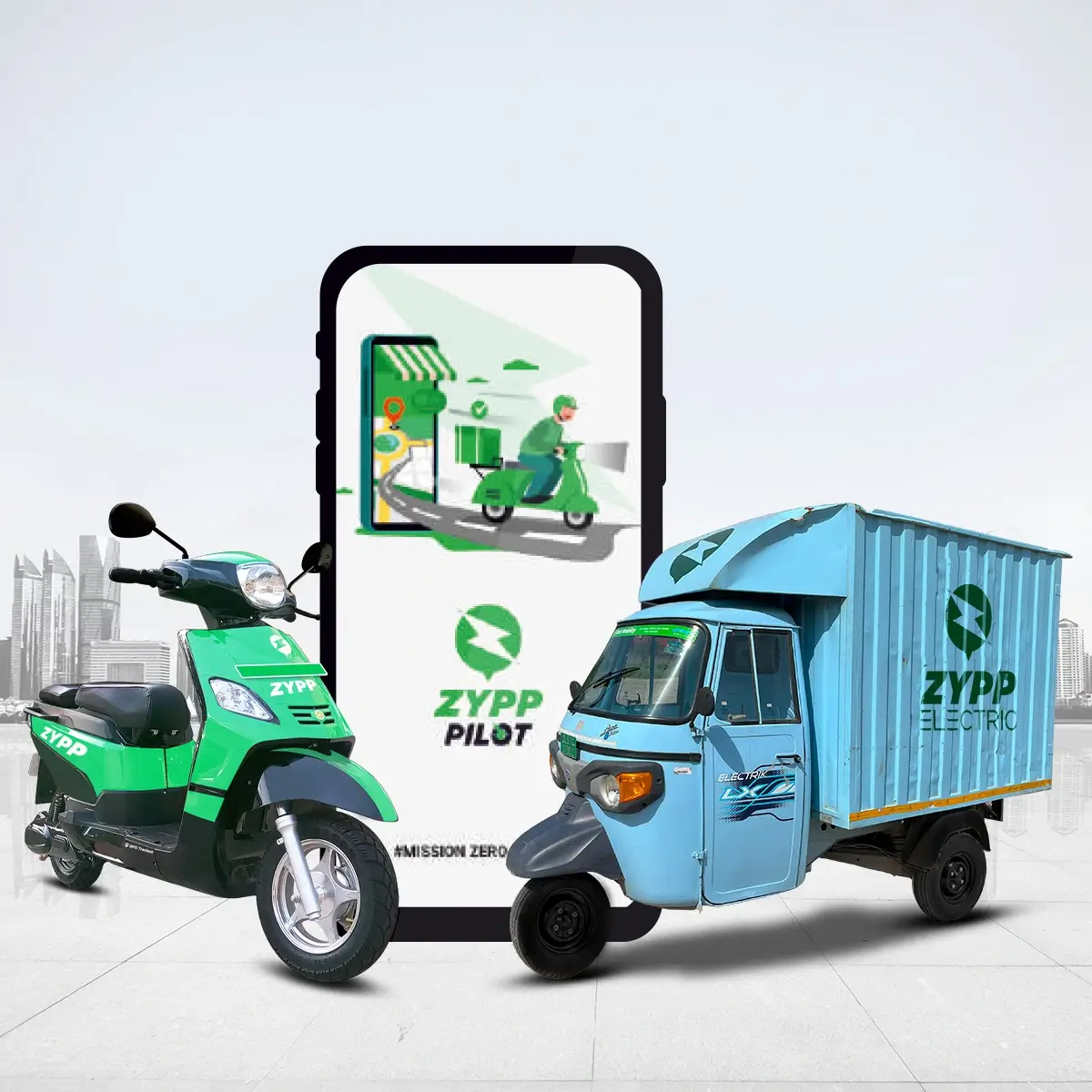Indian initiation Zypp Electric intends to expand its electric vehicle rental service into Southeast Asia early next year using new capital provided by the Japanese oil and energy conglomerate ENEOS
The organization intends to penetrate twenty-five markets within the next two years. Early next year, Zypp Electric wants to launch its pilot program in at least one Southeast Asian market out of the fifteen, according to an interview with co-founder and CEO, Akash Gupta.
ENEOS contributed $15 million of the most recent funding as part of Zypp Electric’s Series C round, which Gupta predicts will close in six to eight weeks and cost between $35 million and $40 million.
The Philippines, Thailand, and Indonesia are all prospective markets for Zypp Electric. The co-founder stated that all these nations are two-wheeler-centric and manage a significant volume of deliveries, adding that Indonesia will be the initial market to penetrate.

“We are considering and debating the [Southeast Asia launch strategy] with a selected few players in various ways. Gupta stated, “We will outline that within two to three quarters.”
Additionally, he stated that preliminary discussions are underway for the startup to enter the Middle East as part of its global expansion. The precise particulars of the Middle Eastern launch, however, remained undisclosed.
The Gurugram-based startup, which currently operates in critical Indian cities like Delhi, Bengaluru, Mumbai, and Hyderabad, provides EV-as-a-service infrastructure to support gig workers and e-commerce businesses.
A fleet of electric two-wheelers and an application and software companion that provide data and analytics for fleet and delivery administration are included on the platform. Gig economy workers generate approximately 28% of Zypp’s revenue by renting e-bikes on a daily, weekly, or monthly subscription basis.
The remaining segments of its operations cater to the needs of ride-sharing, e-commerce, courier, and food and grocery delivery companies, including Amazon, BigBasket, DHL, Uber, Swiggy, Zepto, and Zomato. The venture’s platform facilitates five million deliveries monthly.
Zypp Electric has been actively pursuing geographical and volumetric expansion for its business. Previously, by the end of 2025, the organization intended to deliver 200,000 electric two-wheelers and establish a presence in 30 Indian cities. On the other hand, Gupta informed TechCrunch that the startup has opted to expand its market presence in existing locations rather than entering new ones.
In addition to launching electric three-wheelers in Delhi and Bengaluru, the startup has immediate expansion plans for Mumbai. The co-founder stated that the three-wheeler fleet generates 10% of the startup’s overall revenue.
Approximately 15,000 electric two-wheelers are currently in Zypp’s possession in Delhi, 5,000 in Bengaluru, 1,000 in Mumbai, and 500 in Hyderabad.
Gupta stated, “The plan is to simultaneously penetrate these markets further and introduce a new market every quarter.” Within the following year, the organization intends to increase its fleet of 22,000 electric two-wheelers to 50,000. According to Gupta, the organization plans to expand its fleet to 200,000 electric two-wheelers within two and a half years.
Zypp Electric obtained Series B funding of $25 million in February last year. Gogoro, a Taiwan-based company that swaps out batteries, served as the round’s anchor. Prominent investors include Goodyear Ventures, Google for Startups, and Shell E4.
According to Gupta, Zypp Electric is presently operating at a profit. It is projected to attain EBITA (earnings before interest, taxes, and amortization) positivity within six to eight months and profit after taxes within twelve to fourteen months.



